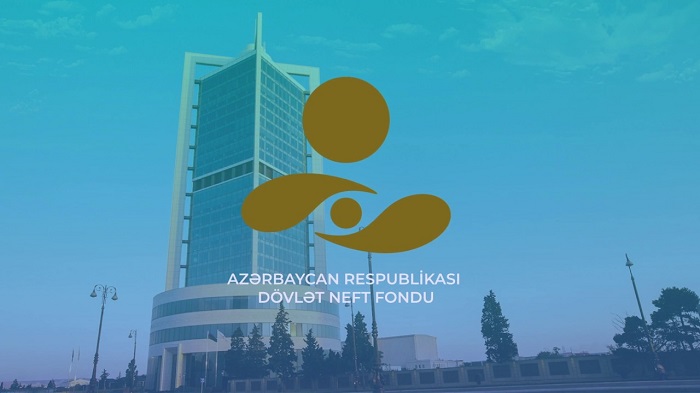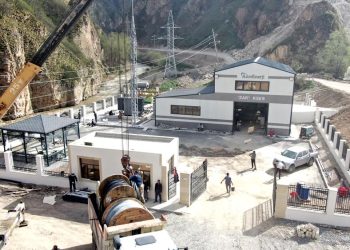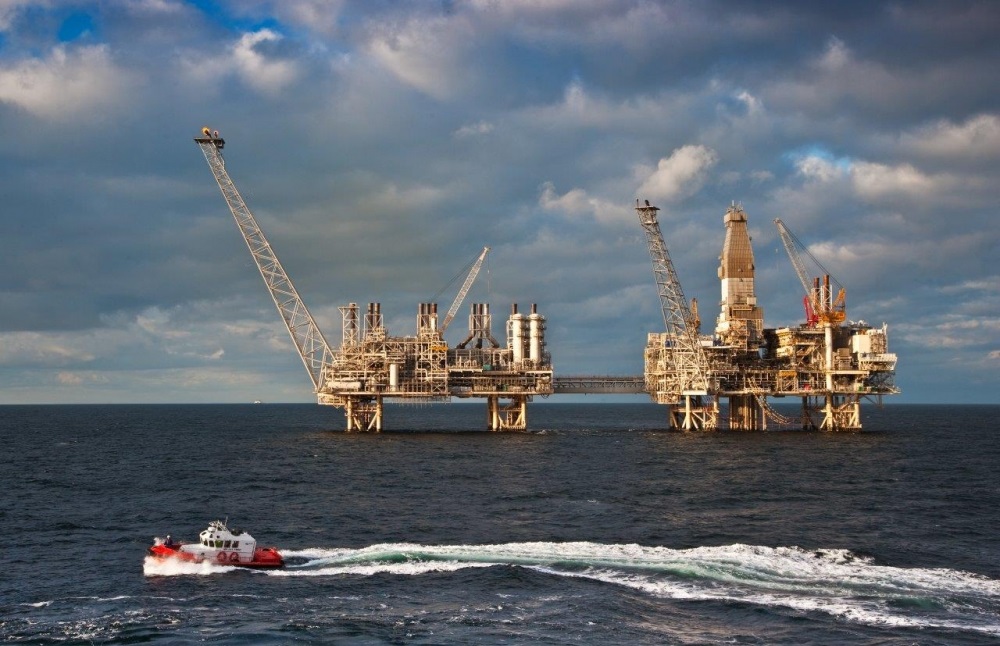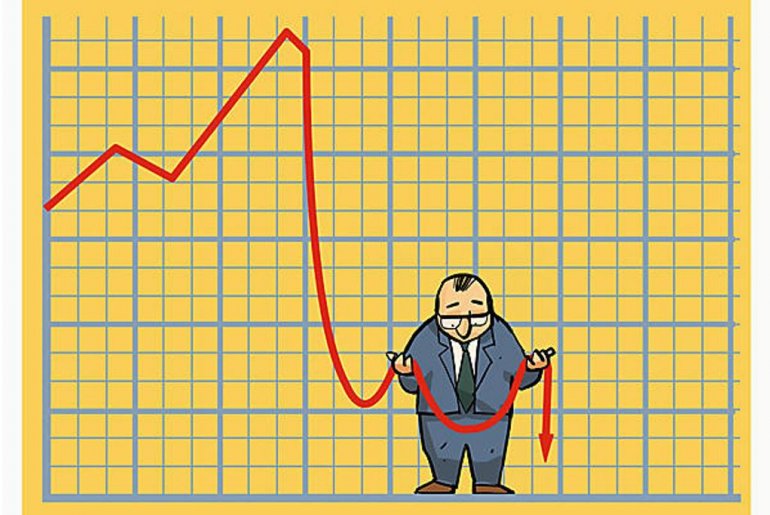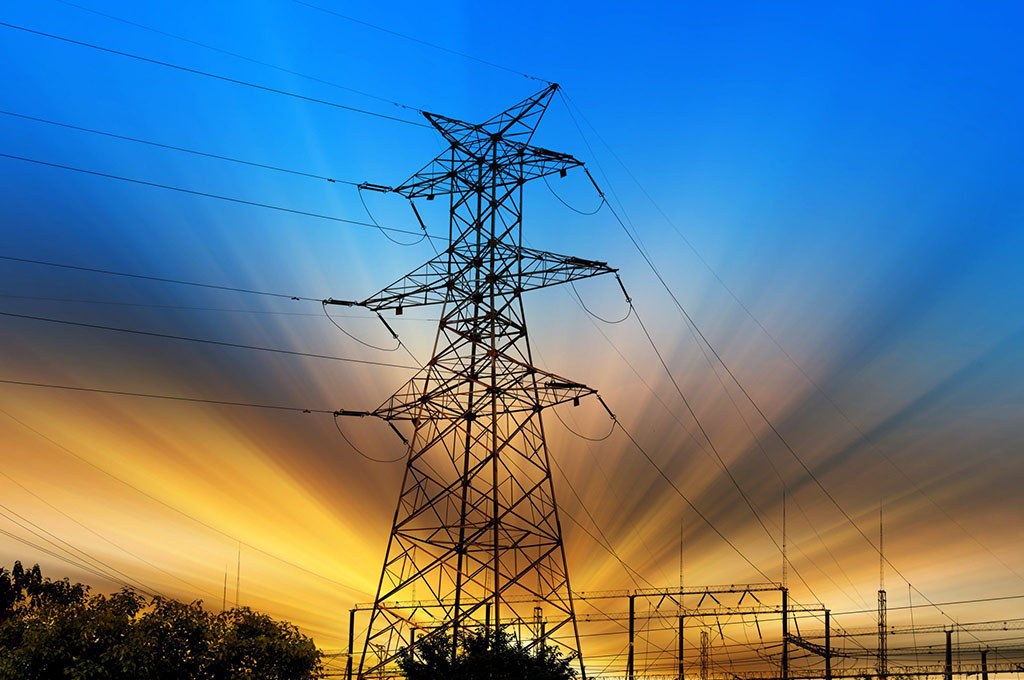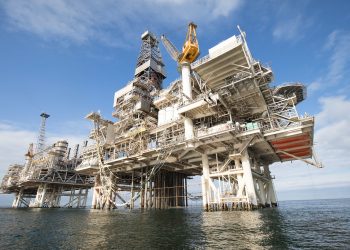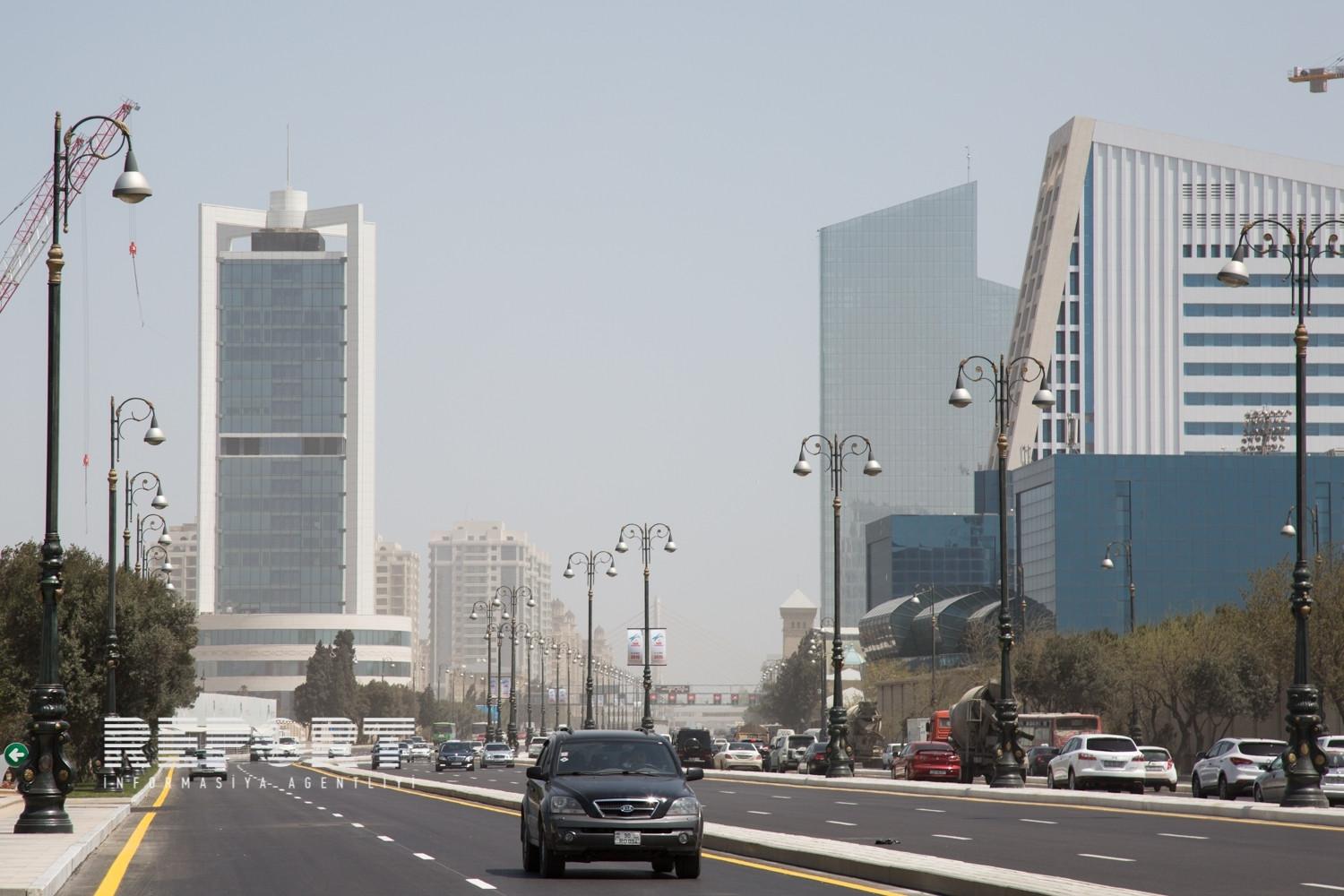 In 2013 consumer prices for Ai-95 petrol in Russia went up by 5.9%, while diesel fuel price went up by almost 8%. In majority of the European countries the situation was quite the opposite – petrol price started going down by in average 2.5%. Thus, reduction of oil cost affected reduction of oil prices in Europe, but actually positively affected Russian prices, though they still remain the lowest in Europe.
In 2013 consumer prices for Ai-95 petrol in Russia went up by 5.9%, while diesel fuel price went up by almost 8%. In majority of the European countries the situation was quite the opposite – petrol price started going down by in average 2.5%. Thus, reduction of oil cost affected reduction of oil prices in Europe, but actually positively affected Russian prices, though they still remain the lowest in Europe.
The experts believe that reduction of oil prices by 4.5% affected reduction of petrol price in the EU countries.
In the Customs Union member-states petrol price went up, despite the situation at the oil market. In Belarus gasoline price went up by 20% in 2013. In Russia prices went up by 5.9% during a year. Kazakhstan has almost the same results. One should mention that Kazakhstan has its own huge oil resources, while Belarus imports fuel only from Russia.
In 2013 gasoline prices went up only in five European countries. In all the remaining ones Ai-95 gasoline price went down and significantly in Hungary by 5.1%.
The fact that gasoline prices went up in Russia, despite reduction of oil cost is explained by rise of excises in 2013, Pavel Strokov, Director of Strategic Development Kortes, told Gazeta.Ru.
Norway leads in high fuel prices in the past years, despite its own oil production. Italy and another leading oil making country of Europe Netherlands are also in the top three.
High gasoline price in these countries is caused by the fact that share of taxes in it exceeds 60%. In Norway high share of taxes in the gasoline price is a result of a long-term strategy of the state, which supports the policy of social equality and simultaneously solves ecological problems. In Italy high petrol price is connected with the current economic problems – three years ago gas price on the Apennines was almost the same as in Germany and France.


